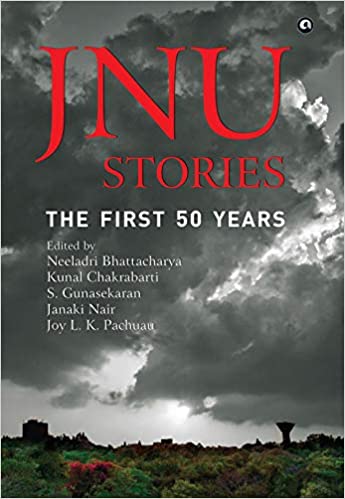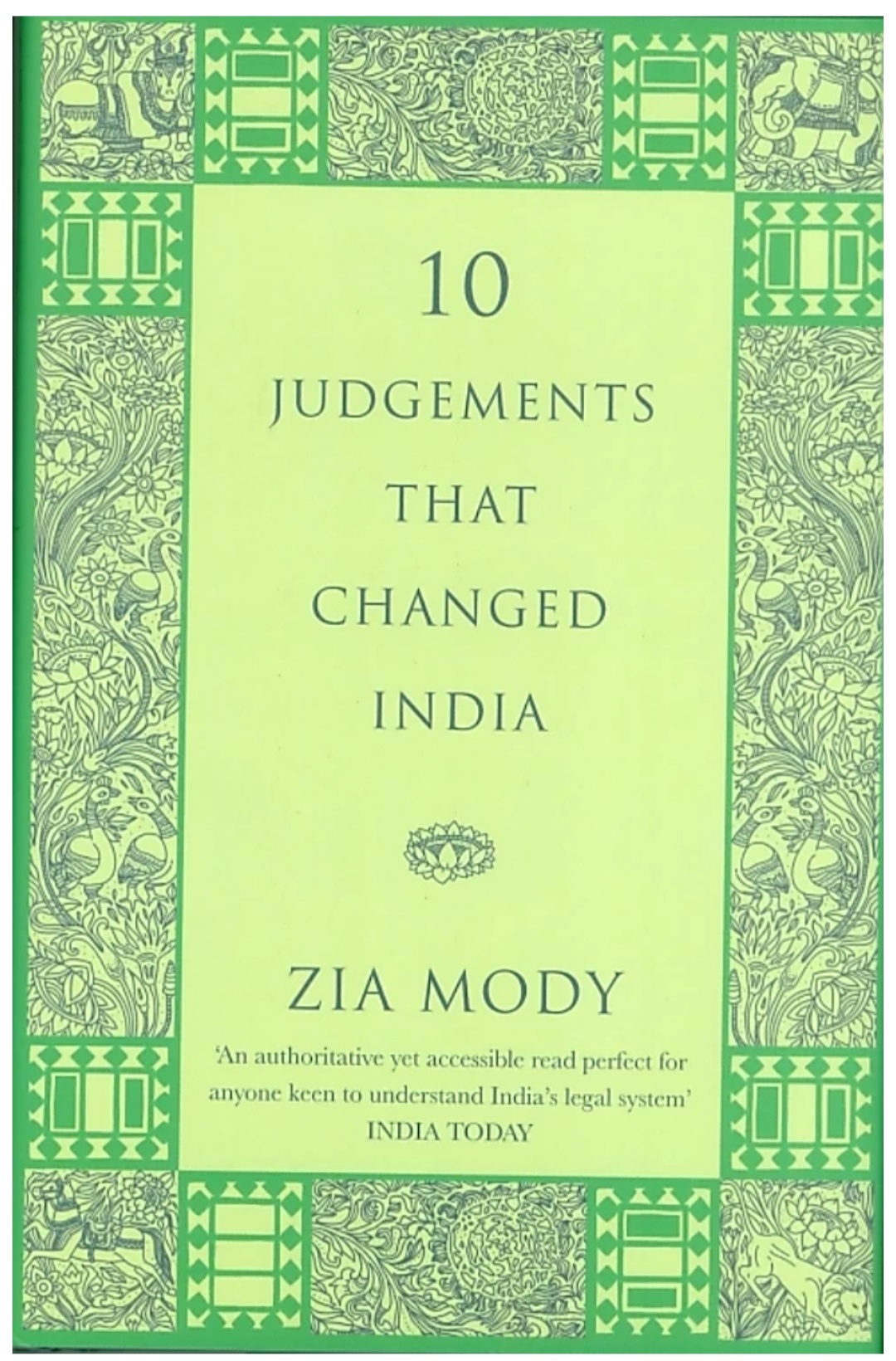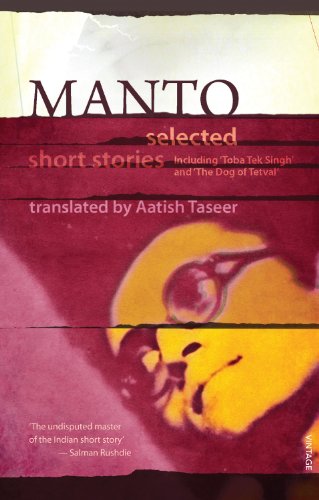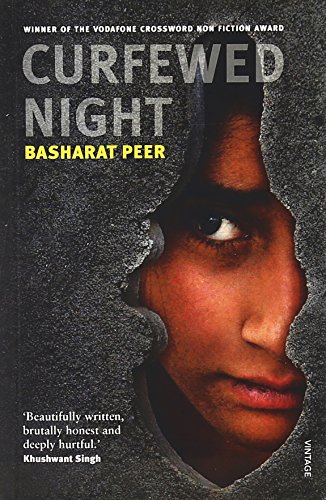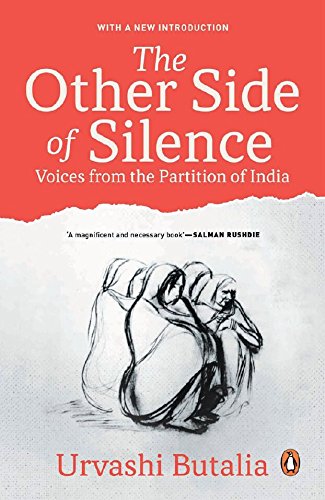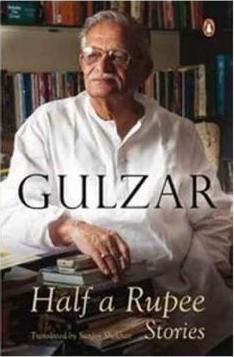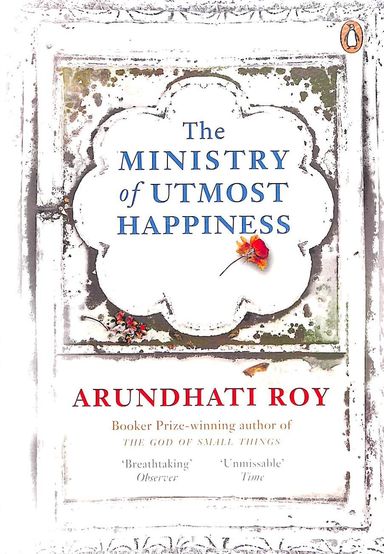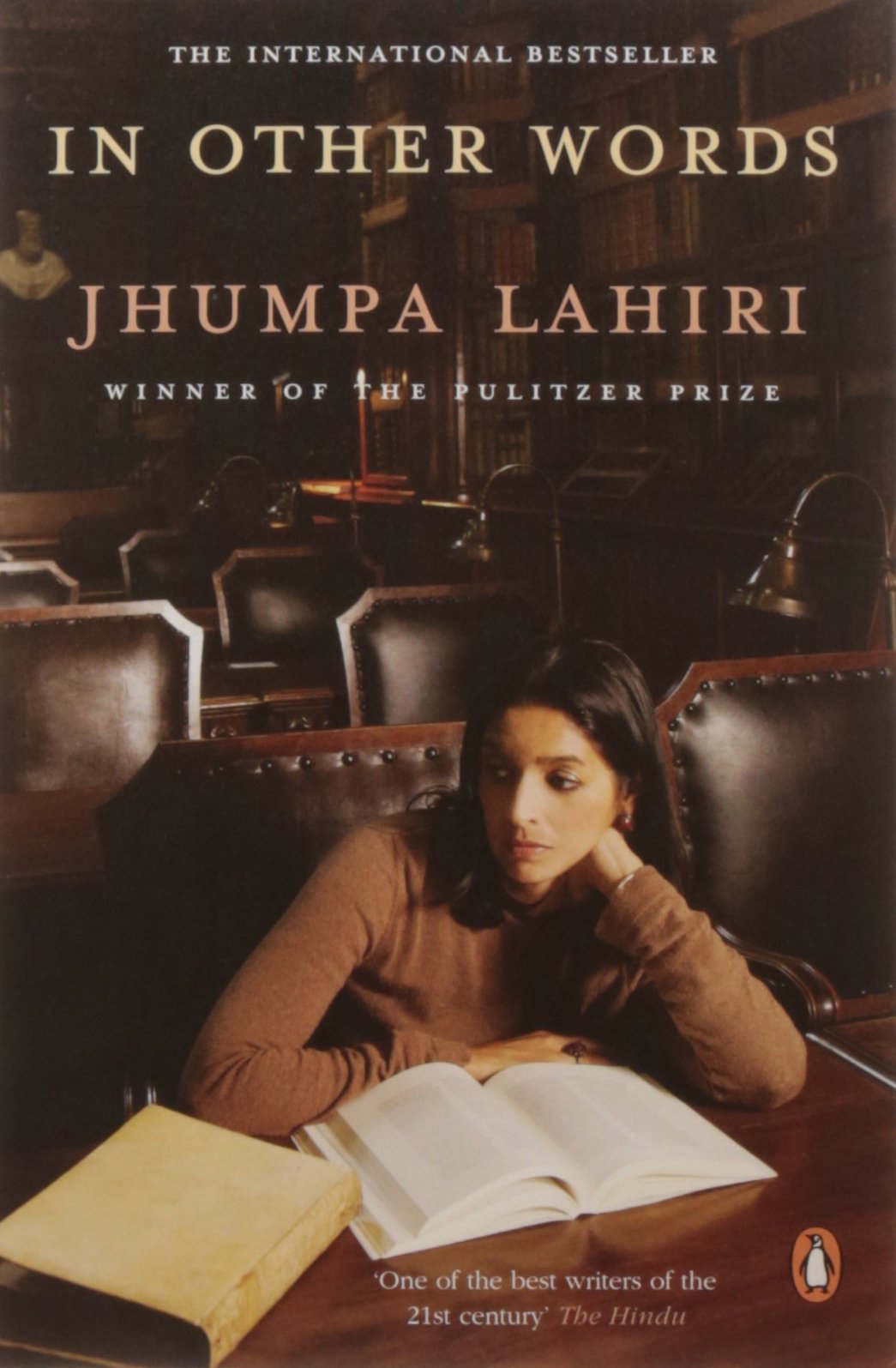JNU STORIES: THE FIRST 50 YEARS
- Publisher : Aleph Book
- Binding : Hardback
- ISBN : 9788194874195
- Imprint : Aleph
- Age Group : Adult
- Language : English
Jawaharlal Nehru University, one of India’s premier educational institutions, has fostered high academic values an ...
Jawaharlal Nehru University, one of India’s premier educational institutions, has fostered high academic values and norms, pioneered forms of inclusion which have made for a unique student body, and created spaces for critical thinking, while also deepening respect for democratic traditions. This has made it among the most desirable of public universities for the exceptional standards of higher education It upholds. In its fiftieth year, JNU continues to stand tall despite coming under siege for precisely the kinds of academic achievements, democratic traditions, and inclusive policies for which it was well known. Jnu was established in 1969 under the leadership of G parthasarathi and moon is Raza. It soon became an innovative intervention in the field of higher education in encouraging interdisciplinary, in pioneering exemplary pedagogical methods that have inspired programmes of higher education elsewhere, and in remaining steadfastly committed to ideals of equality and social justice. The faculty and alumni of JNU today include highly respected academics and researchers, some of whom have been recipients of the Nobel, the Bhagat, and the Infosys Awards. The contributors to this book—who include some of the University most prominent alumni as well as those who have been an integral part of the institutional the history of JNU from its beginnings in the 1970s and 1980s, through the times when it expanded and grew, developed unique centres and schools, and responded creatively to the demands and needs of the complex student body. The essays in the volume recall the University ethos and outline those unique and worthwhile features of the institution which have given the University its identity. The essays are commemorative of jnu’s achievements but also serve as an important archive for preserving its institutional memory. The book is divided into twelve sections—‘spaces and places’, ‘imagining the University’, ‘of schools and centres’, ‘sites of learning’, ‘living and loving’, ‘politics, posters, performances’, ‘giving meaning to social diversity’, ‘gender and sexuality’, ‘the way things were’, ‘promises to fulfil’, ‘memories from afar’, and ‘the spirit of JNU’. each section consists of diverse contributions from former students and teachers, and from administrators and Staff. A rich picture is thus built up through personalized narratives and reflections, on the institution singularity as well as what it shares with other public universities to make it the premier public University in India today. Beautifully designed with over a hundred photographs, JNU stories: the first 50 years is the first wide-ranging and critical look at a remarkable experiment in public higher education.
na

